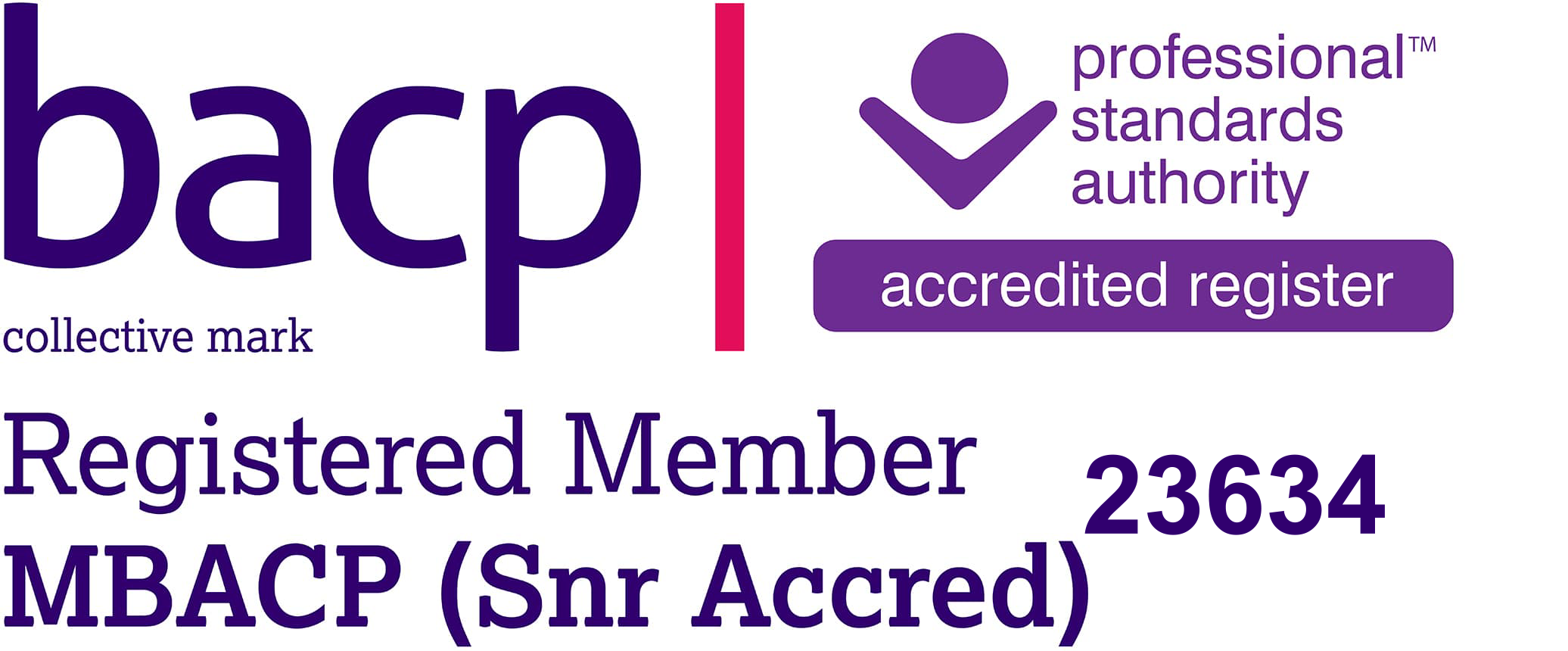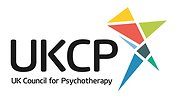Welcome to my Website
Counselling and Psychotherapy in Northumberland for Prudhoe and surrounding villages, Corbridge and Hexham
Welcome
I have many years experience of working as a counsellor and psychotherapist in a variety of settings. I now choose to work only in private practice so that I can provide therapy in the way that my experience has shown me is most helpful. That will different from one person to another because each person in unique and their circumstances specific to them. I work with individuals, offering short-term counselling and longer-term psychotherapy. I hope these pages will give you a sense of me and how I work, so that you can decide whether you might like to take the next step and get in touch.
I imagine it has taken some courage to get this far and you are wondering whether therapy can help. Talking things through with family and friends can be helpful; but have you found yourself holding back from being open, wanting to protect them or fearing being too much for them? Or do you find them telling you what you should do without hearing what you want or need. Whilst they are trying to help, it is not what you need is it?
Counselling and psychotherapy can provide the confidential space for you to be clearer about what your issues are and to explore how you might like things to be different. In providing a safe, calm, and supportive environment I can help you to explore more fully what you are experiencing and open up possibilities for change.
There may be issues from your past that are interfering with your ability to live life as you would like to. Or you may be struggling with relationship issues, at home or at work, that are leaving you unhappy or unfulfilled. Perhaps you find yourself meeting the needs of others, maybe not even knowing what your own needs are. Maybe you find it difficult to say "no".
Or maybe you find yourself feeling overwhelmed and anxious; always feeling "on alert"? Perhaps you put a smile on for others, hiding how you really feel - it's exhausting isn't it? These ways of being in the world have enabled you to survive in the past but may no longer help as they once did.


"What we do to survive is often different from what we may need to do in order to live." - Rachel Naomi Remen

My Approach
As an experienced counsellor and psychotherapist, I am skilled in working with clients whatever they may bring. Sometimes that is a sense of "just surviving" rather than fully living. Sometimes there is a specific issue that is making coping with daily life more difficult. And sometimes there is just a feeling that life could be better.
Whatever brings you, I believe therapy can help - its's why I do what I do. Therapy can help you manage the overwhelm; to quieten that part of you that is panicked and anxious, and to be more present to your life. Therapy can also help you to learn that it is okay to be you; that you don't have to pretend for others and its okay to say "no". It can help you to be kinder to yourself and, in turn, live more fully.
I have particular experience of working with issues of;
Depression
Anxiety
Relationship Issues
Bereavement
Miscarriage and Infertility
Childhood Trauma
Loneliness
Adoption
Identity issues
Abuse
Addiction
Low Self-confidence
Stress
Trauma
Why not get in touch and see whether my counselling and psychotherapy practice might be right for you? It is important to me that you find the right counsellor for you, so there is no commitment until after our first meeting. Some clients decide by the end of the session that they are wanting to continue, but there is no expectation from me that you must do that. I would want to support you to get the help that is right for you.
"Being safe is about being seen, and heard, and allowed to be who you are, and to speak your truth" - Rachel Naomi Remen
Counselling and Psychotherapy
Counselling and psychotherapy offer you a supportive, confidential and non-judgemental space in which you can explore the issues that are causing you difficulty. Life can bring us many challenges and we rarely take the time and space to reflect on them.
You may be feeling overwhelmed, or experiencing depression or anxiety; you may have a specific problem such as bereavement, relationship difficulties, or a personal trauma; or maybe you don't know what the problem is but feel things are not quite right. Talking to someone outside of your situation can help.
I see counselling as primarily working short term in a very focussed way dealing with a specific issue. Psychotherapy explores at a deeper level the underlying patterns of relating that you have developed in response to past experiences and that are now interfering with how you live your life. Gaining this awareness is what enables you to make lasting changes.
"“Knowing what we feel is the first step to knowing why we feel that way. ” ― Bessel A. van der Kolk
What makes it effective?
Therapists work in different ways but the quality of the relationship is the key to whether therapy is most effective. The most important thing when looking for a therapist therefore, is to find someone that you feel comfortable with and are able to relate to. That does not mean that therapy will be easy, but that you feel supported to explore what is troubling you through an open and honest dialogue.
If you are interested in working with me I recommend you have an Initial Assessment to see whether I am the right person for you.
Frequently asked questions
Counselling is usually a good way to help with a current problem; something that can be discussed and - hopefully - resolved within a limited number of sessions. Over an agreed number of weeks the understanding of the problem improves and away forward becomes clear. Therapy often describes work that goes a bit deeper, towards more substantial life issues and problems having a deeper effect on the client’s life. Therapy often requires a long-term approach, so the number of sessions can be open-ended.
Which option is most suitable depends on the client and the difficulties they are facing. Counselling works well addressing an immediate issue in a short-term, focused way. Psychotherapy is helpful when there is an underlying trauma or complex relational pattern that has been impacting for a significant amount of time.
How long a period of counselling lasts will vary from person to person and depends on the complexity of the issues they are facing. For some people a few sessions helps to bring their problems into focus, and they feel more able to address what is happening for them; for others their difficulty may require more of an open-ended approach e.g. when there is an underlying trauma.
We would discuss this together at our initial assessment and agree a way forward.
My aim is to offer a first appointment - known as an initial assessment - within 1-2 weeks. When we speak prior to this appointment, I like to check how flexible your availability is to ensure that I have the potential to offer a time you could regularly make.
At the assessment I will encourage you to "listen to your gut" about whether you feel working with me would be helpful. I also will have a sense of how I might be able to help. If we agree to work together then sessions generally take place at the same time each week. How soon sessions will start will be dependent on our joint availability.
Generally everything that is said within the therapy room is private - this is one of the main ways counselling and therapy differ from talking to a friend or relative. Once you feel more comfortable in meeting with me, I hope you will feel the benefit of having a safe, confidential space in which you can speak freely.
Note that there are some situations where you may be a risk to yourself or others; in these cases I may not be able to keep total confidentiality. Breaking confidentiality is very rare though, and usually only happens after we have talked it through. If this concerns you please talk to me about it.
Usually I am asked this question by people who are nervous about entering into counselling. This anxiety is understandable, but a key aspect of therapy is that you should feel free to talk about any issues you feel are important to you. This can be made more difficult by having someone else present; either they answer for you or their presence stops you from saying what you need to say.
For this reason I do not see clients who bring someone with them. However, I do always like to speak with you before arranging a first appointment, and I hope that our phone call may be enough to settle some of that anxiety.
© Terri Windsor
Powered by WebHealer